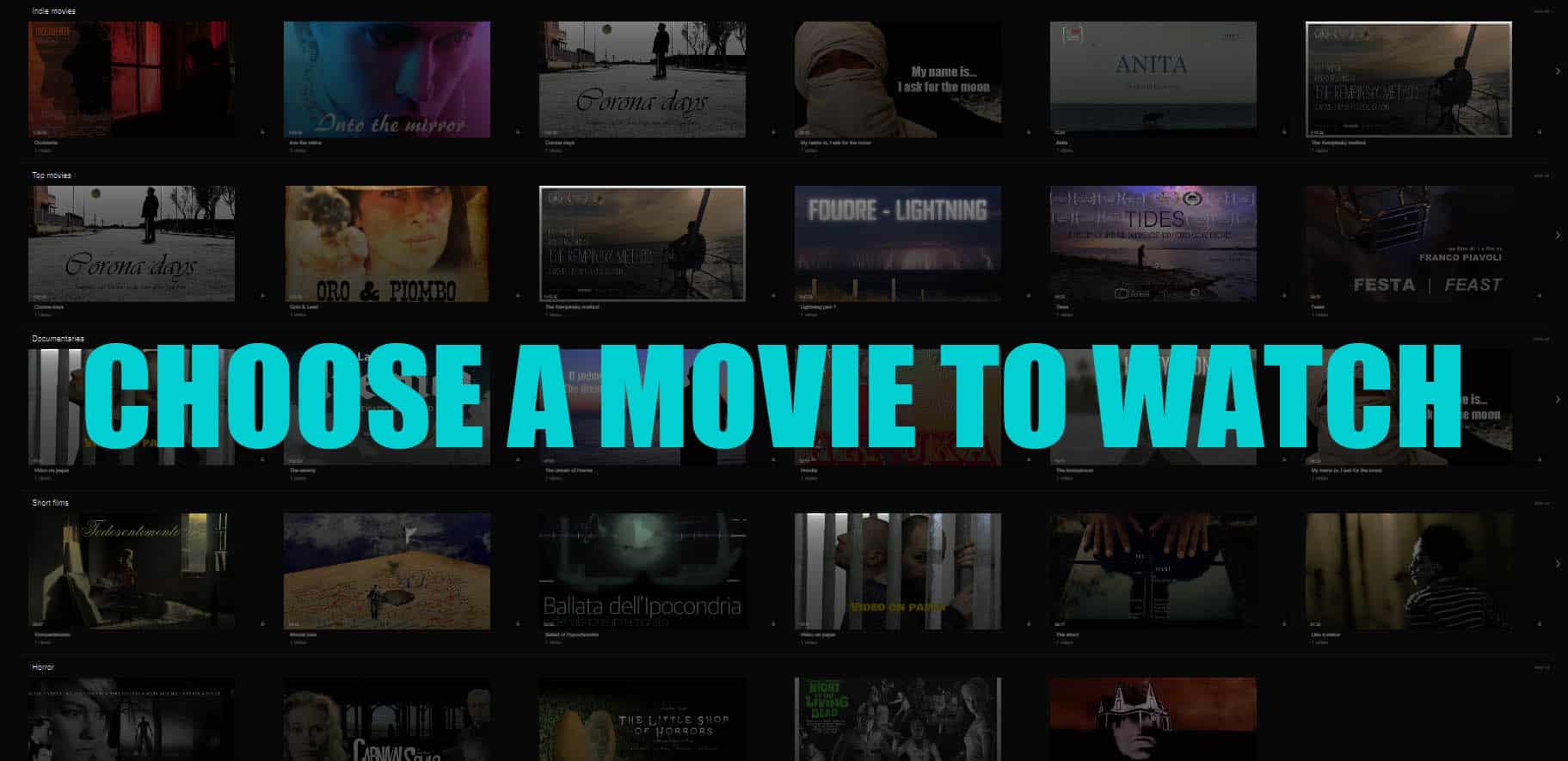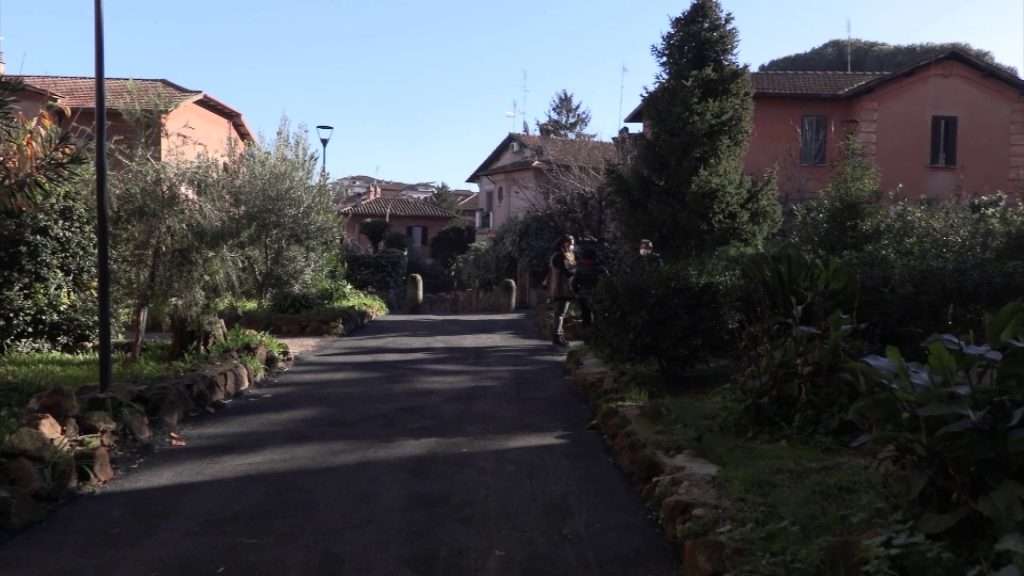
Anna Maria Achilli’s short film in competition at the Indiecinema Film Festival, “Garbatella o cara”, is a hymn to one of the most popular neighborhoods in Rome
There will also be Garbatella o cara by Anna Maria Achilli, among the short movies in competition at the Indiecinema Film Festival which will be screened on Thursday 11 January starting at 9pm. And how could it be otherwise, as this short film is set right in Garbatella… the same, very popular neighborhood of Rome, where the Circolo ARCI Arcobaleno is also located (in Via Pullino 1, to be precise), which has now become one of the most traditional venues of the festival. We talked about this lucky coincidence and much more with the author of this delightful cinematic work, which came to us at the right time… and in the right place.
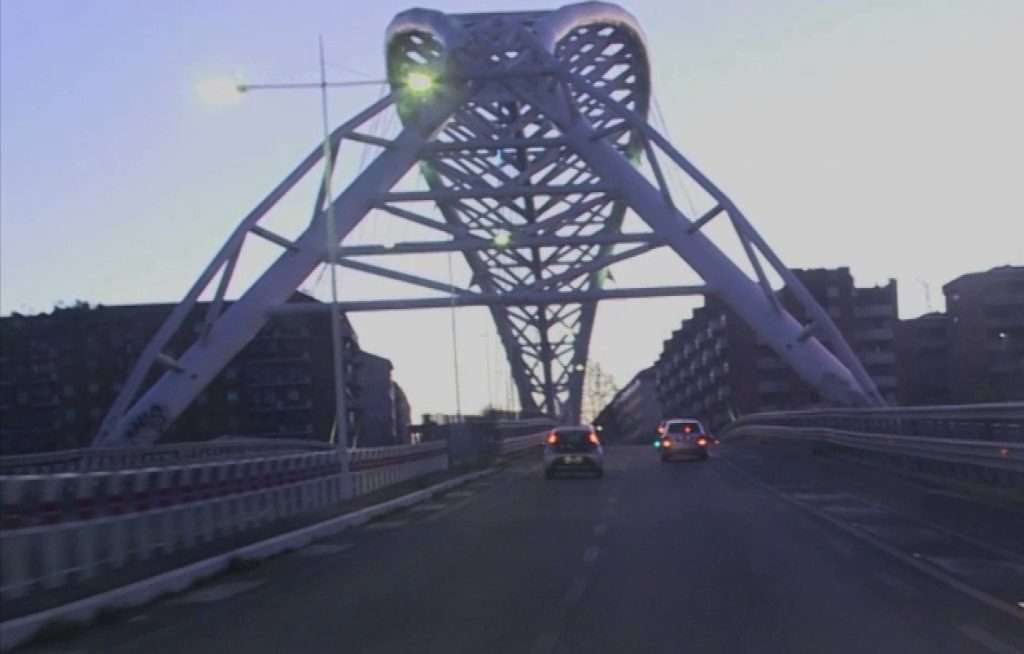
The short movie’s idea and the passion for art
First of all, Anna Maria, could you briefly tell us about your artistic training? And how did your interest in cinema begin?
I grew up in a family where music, theater and cinema were “at home” and since I was a child I have loved all the various art forms. I remember that my father had a video projector and a portable screen (the kind that unroll) and on Sundays he often organized screenings of films by Charlie Chaplin, Laurel and Hardy and cartoons for us children and for us, it was a real “ritual” of setting up the “home cinema”… After my artistic studies, I graduated in scenography, also studying direction and photography; in parallel with my artistic studies I perfected myself in what was my first great passion: dance. First classical dance and then modern and contemporary dance, and subsequently choreography and dance theatre, winning scholarships in the USA, Austria, Germany and Italy and gaining important professional experiences. With dance-theatre, I started writing lyrics, also becoming passionate about writing. Subsequently I started writing for the theater and, after a diction training course, I also started working with the voice, as a voice over, speaker and dubbing actress for RAI, Mediaset and Sky. I am basically an eclectic, I love creativity in all its forms, and writing and directing for the seventh art is an experience that has gradually arrived in my life, as a corollary of my broad artistic path.
Making independent cinema in Italy is certainly not easy, even if you aim to shoot a short film. When did the idea of making “Garbatella o cara” come about? Productively speaking, how was the project supported? And was it ultimately expensive?
We live in a wonderful country, which has always been the cradle of Art and Culture, where, however, unfortunately, keeping the “sacred fire” burning for a creative person is not easy. The idea of shooting a short film came to me on the occasion of the centenary of Garbatella. Opera in Roma, the company that produced the short, took part in the “Centenario Garbatella” tender, announced by the Municipality of Rome on the occasion of the fifteenth anniversary of the birth of the neighbourhood, and won it. To create Garbatella o cara, it took a lot of determination, courage and passion. We were in the middle of the pandemic, all the scenes were shot by hand, without stands and what’s more, we had a negligible budget available for the production of the project. But, I had the honor of having the participation of a great actor such as Massimo Wertmuller, and the fortune of working with two extraordinary operators (Marcello Giorgi and Riccardo De Paola) and an editor (Andrea Manna), with whom we worked working hard to carry out this project. Garbatella or dear is the fruit of a burning “sacred fire”!
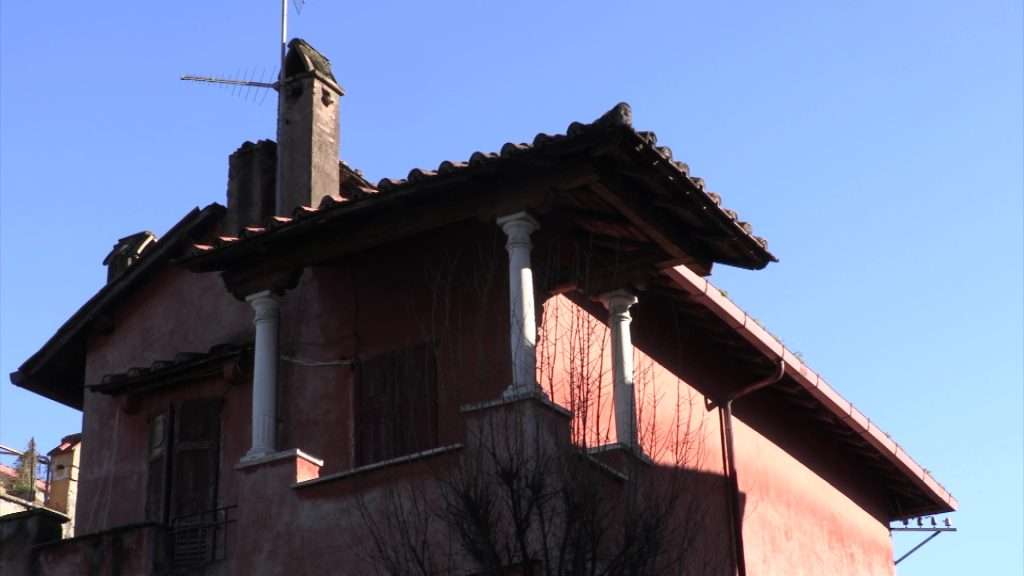
Focus on Garbatella
This cinematographic work of yours is first and foremost an act of love towards a particular neighborhood of Rome, Garbatella. For you, was it also a way to delve further into its history or were the events we hear about during the film all part of your growth path… and were you therefore aware of them beforehand?
Yes, a true act of love. As I say at the beginning of the short film, fate wanted me to be born in that neighborhood, but then, fate brought me back there, and made me “live” that neighborhood during adolescence… Certainly, the writing of this short, it led me to delve deeper into some notions that I was already aware of and to read up on all the events that occurred in this wonderful Roman neighborhood, which contributed to developing its history since its creation.
Did filming during the pandemic entail any practical difficulties, for example having to show permits or face possible negative reactions on the street, in addition to emotional difficulties?
The short was shot on a day in December 2020, from dawn to dusk; we were in the middle of the pandemic, but I must say that we didn’t find any difficulties in filming, nor any negative reactions from people. At the beginning of the day there was apprehension among us, mostly of a health nature, but then everything took place in absolute tranquility.
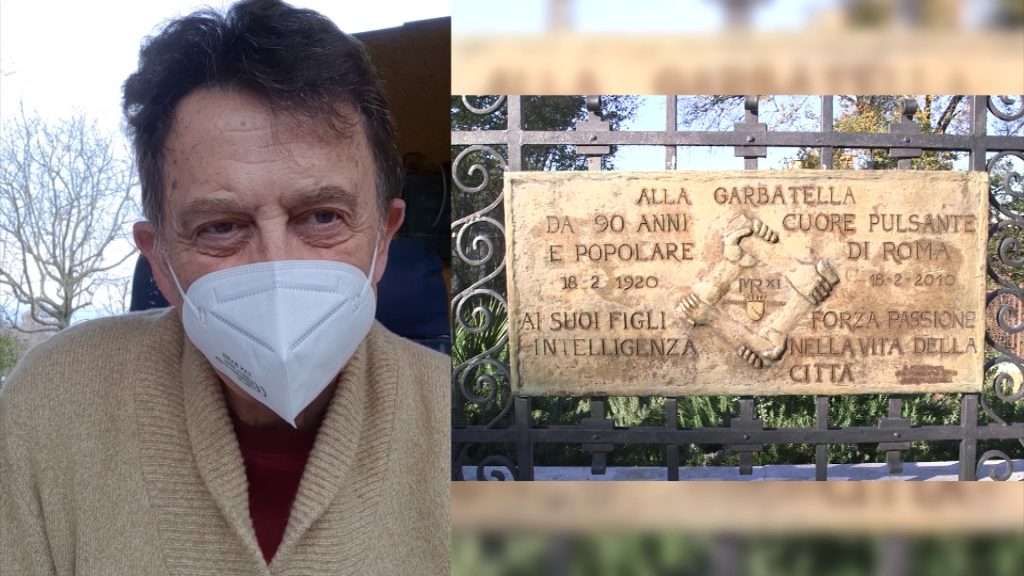
From the involvement of Massimo Wertmuller to the musical choices
How did a great actor like Massimo Wertmuller, who seems to care about projects made with passion and sincere inspiration, become involved in the short, as demonstrated by the support recently given to initiatives such as the Molo Film Festival?
Massimo Wertmuller, even before being a great Artist, with a big A, is a great person. We discussed the project and as we gradually talked about Garbatella, we realized that both of us, a few years later, were born not only in the same neighborhood, but also in the same clinic! When it comes to destiny…
In “Garbatella o cara” the music has a notable driving force. What can you tell us about certain undoubtedly cultured choices made for the soundtrack?
As already mentioned at the beginning of this interview, I was lucky enough to grow up in a family where classical music was listened to daily. As a girl, I had listened to the music of the great Respighi several times and was immediately fascinated and deeply impressed by it. In “Pini di Roma”, “Feste romane” and “Fontane di Roma”, which are the three compositions from which I took the various musical pieces for the short, Respighi perfectly captures the spirit of “Romanism” in his notes. Furthermore, what is of no small importance is that these three compositions of his were written by him in the same years in which Garbatella was built.
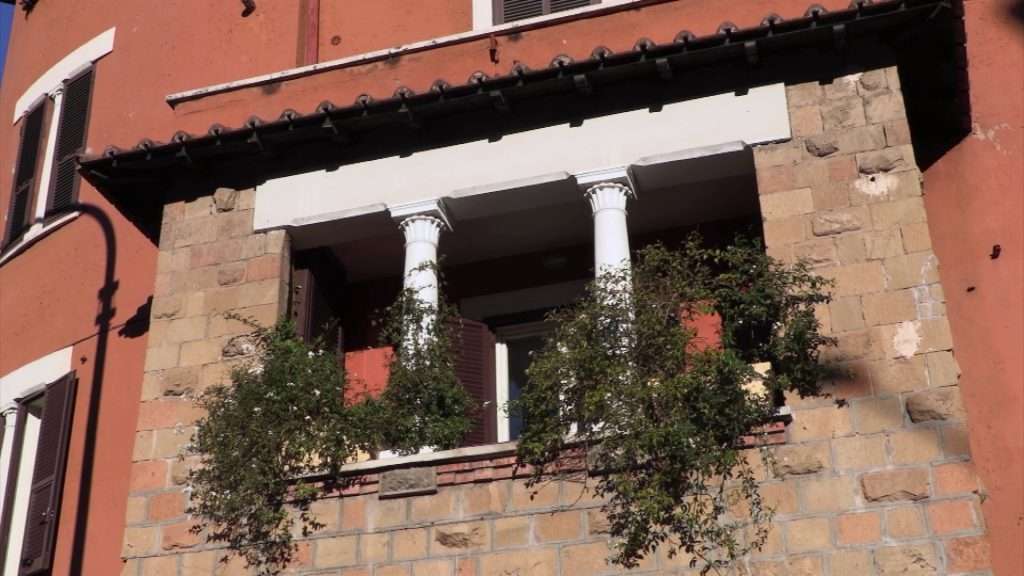
Returning to Garbatella
The desire to give a lively and personal rhythm to the film can also be seen in the editing. How did you relate to it?
I usually arrive at editing with clear ideas, both in terms of directing the frames and inserting the music. During the creative process, I make use of my experience as a dancer and choreographer. Having worked with the body helps me to give rhythm to what I write in the script, to the images that I have in mind also in relation to the music, and then, subsequently, to edit everything. Even music, with its energy and poeticity, is of fundamental importance and inspiration to give the right rhythm to the editing of each of my film projects.
Where has your work been screened so far? And is the fact that Indiecinema wants to bring it to Garbatella perhaps an additional emotion?
Last year this short film was selected by the prestigious RAM (Rovereto Archeologie Memorie) Film Festival of Rovereto in its thirty-third edition, and, I must say, that seeing my short projected on the giant screen of the beautiful Teatro Zandonai, and moreover that the numerous audience present at the end of the screening, applauded warmly, it made me feel not only a very strong emotion, but also a pinch of pride, since I was away at the time… I thank Indiecinema for choosing it this year and for deciding to screen it in the heart of Garbatella, because it is as if a circle has closed; I’m sure that as soon as I return to the neighborhood where I was born to attend the presentation of the screening, I will feel the strong emotions I felt that morning in December 2020. I will enter a magical world, I will return to Garbatella!
Stefano Coccia




